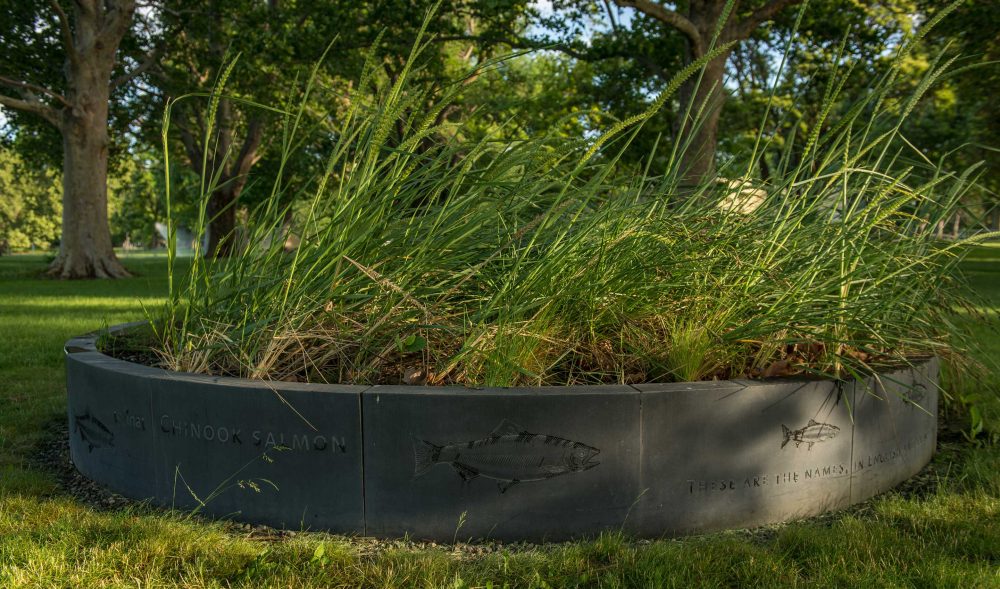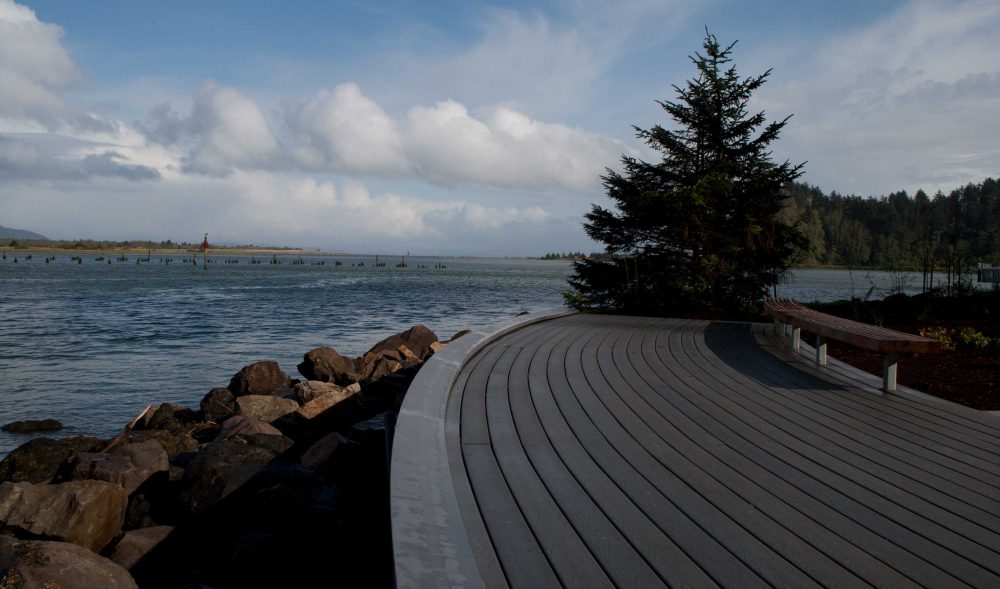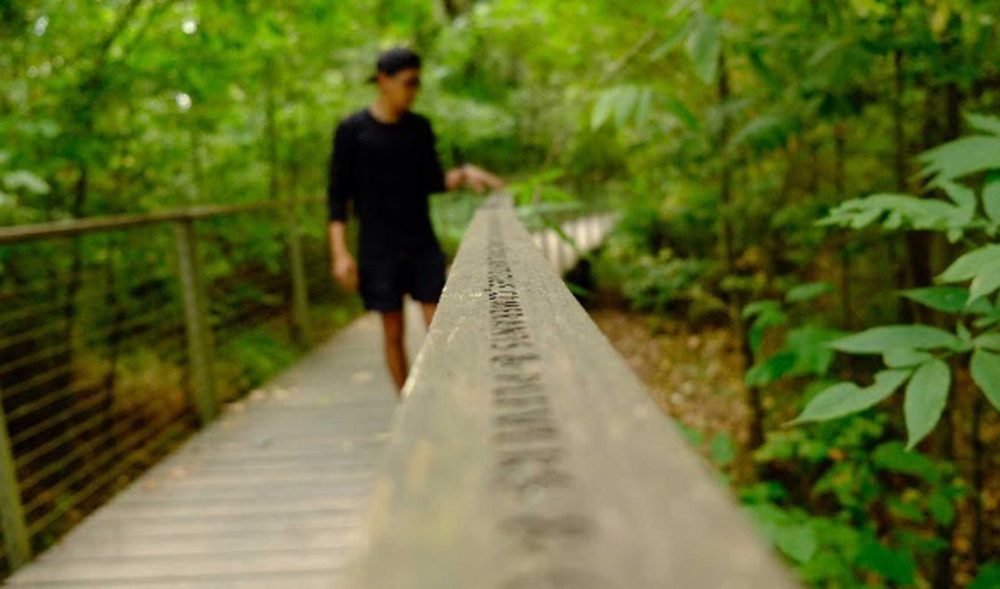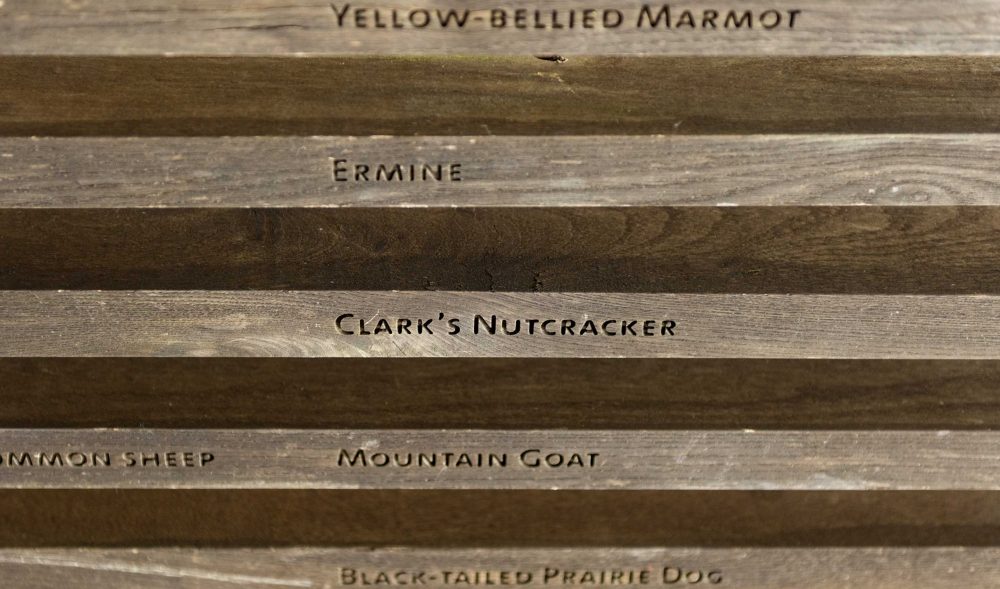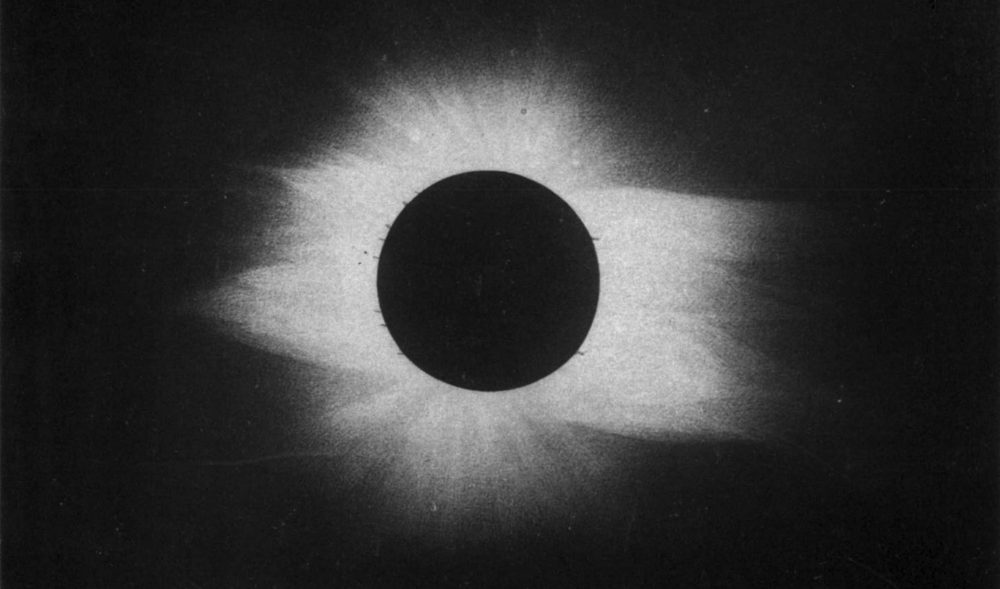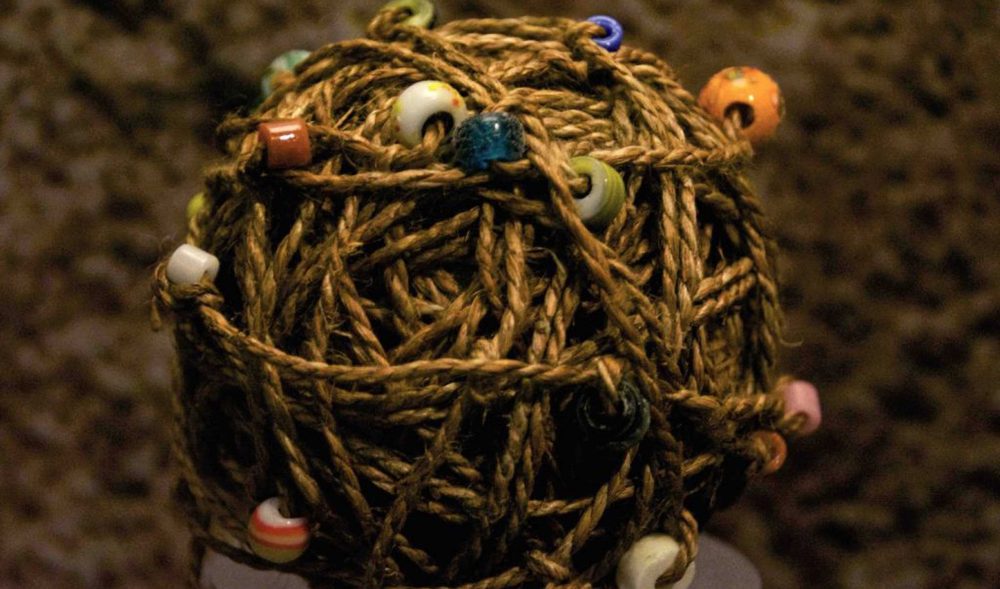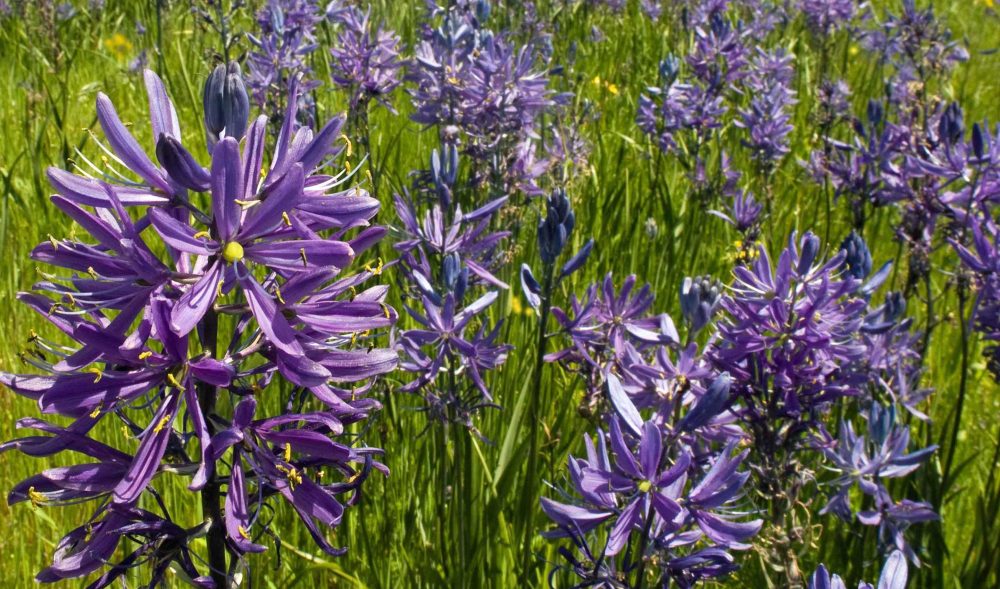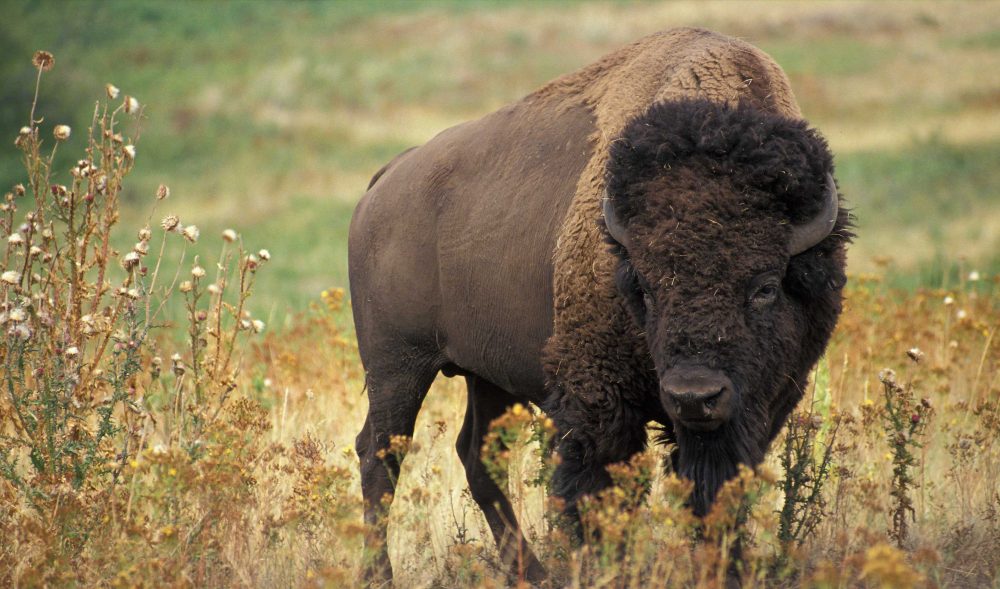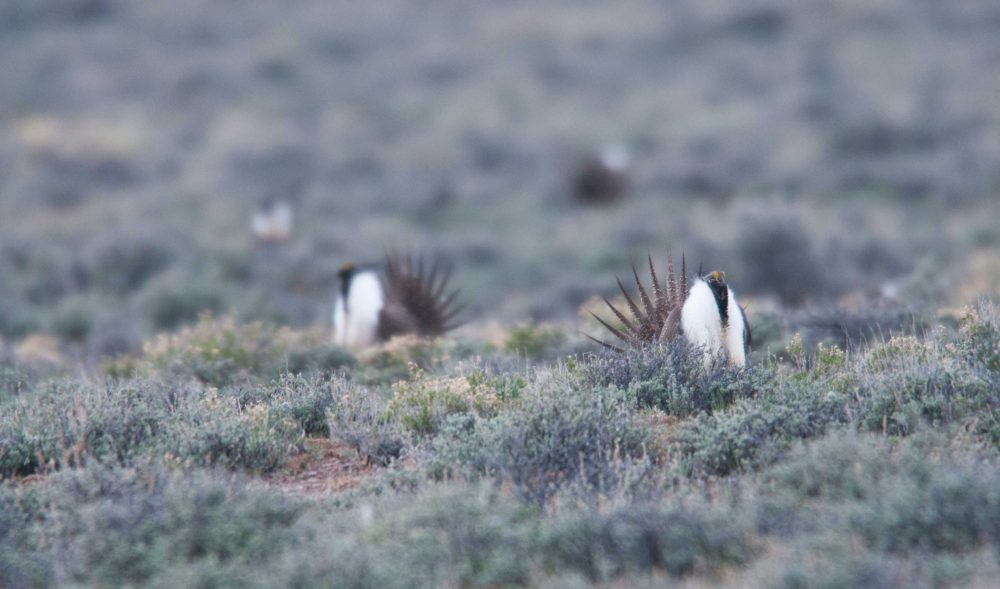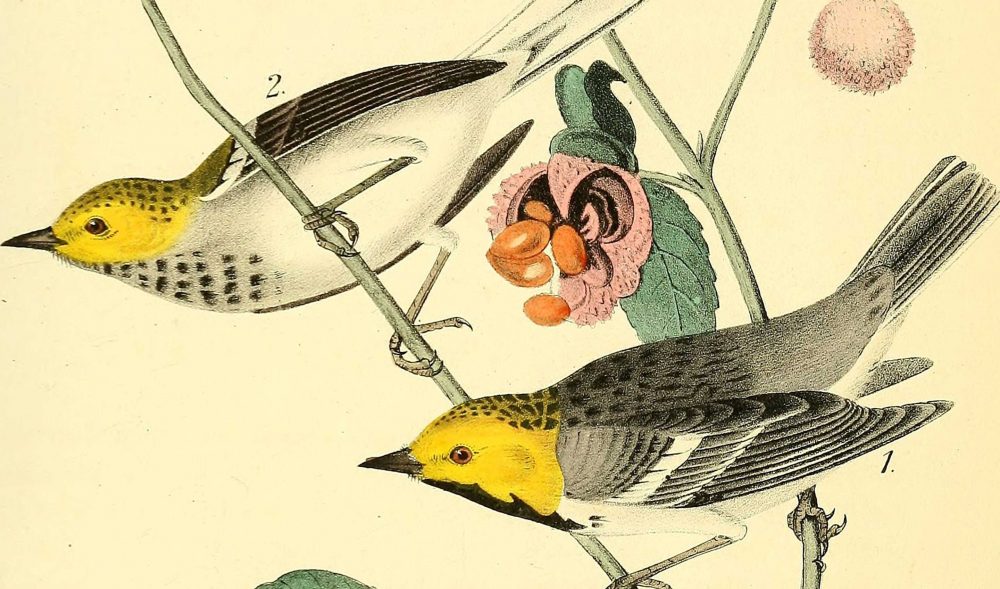Confluence Library
Are you looking to visit all or some of the Confluence River Sites? This printable one-page map is a guide to doing just that.
Maya Lin’s first Confluence site is at Cape Disappointment State Park. Guests are greeted by a path, amphitheater, fish sink, and gathering circle. It was built of native materials for the Lewis and Clark bicentennial.
The Sandy River bird blind, inspired by William Clark’s quote that he could not sleep because of bird noises, was built to give guests a chance to visit a restored native habitat and learn about native birds and animals.
After a turbulent industrial past, the Sandy River Delta required significant restoration in the late 2000s to make it a safe recreational area and a thriving natural habitat, full of native plants, birds, and animals.
Although the eclipse of 1834 was not visible in the Northwest, an 1860 total solar eclipse started off Cape Disappointment. Research for a subsequent total solar eclipse in 1869 fueled U.S. interests in Alaska.
Yakama time balls were woven twine that detailed major events of a woman’s life- sometimes including eclipses. Several major eclipses were visible in the Northwest from 1503-1806 including one eclipse obscured by clouds.
A prairie plant dug up by women and children, the Camas bulb was an important part of Columbia basin diets. Grazing animals on camas lands by settlers led to skirmishes between the Army and the Bannock tribes.
American Buffalo, or bison, was a staple of many Native diets, but had disappeared by the 1820s from most places west of the Clark Fork. Modern revival efforts by the Yakama nation have brought bison back.
The Greater Sage-Grouse is a bird whose mating call and dance have become an icon of the West. However, they are endangered and face extinction. The Yakama Nation is trying to reintroduce the sage-grouse to native lands.
Etched into the wooden slats of the Confluence blind are the names of the birds noted by Lewis and Clark during their journey. These species captivated people such as John Kirk Townsend, thirty years after Lewis and Clark canoed down the Columbia River.

